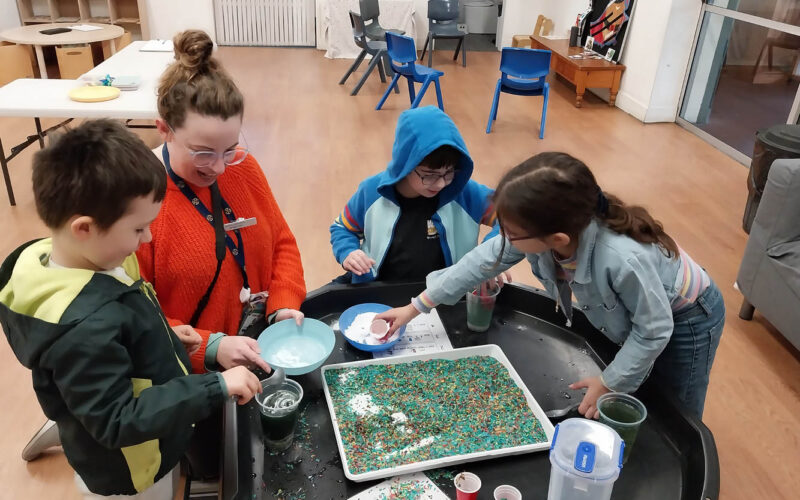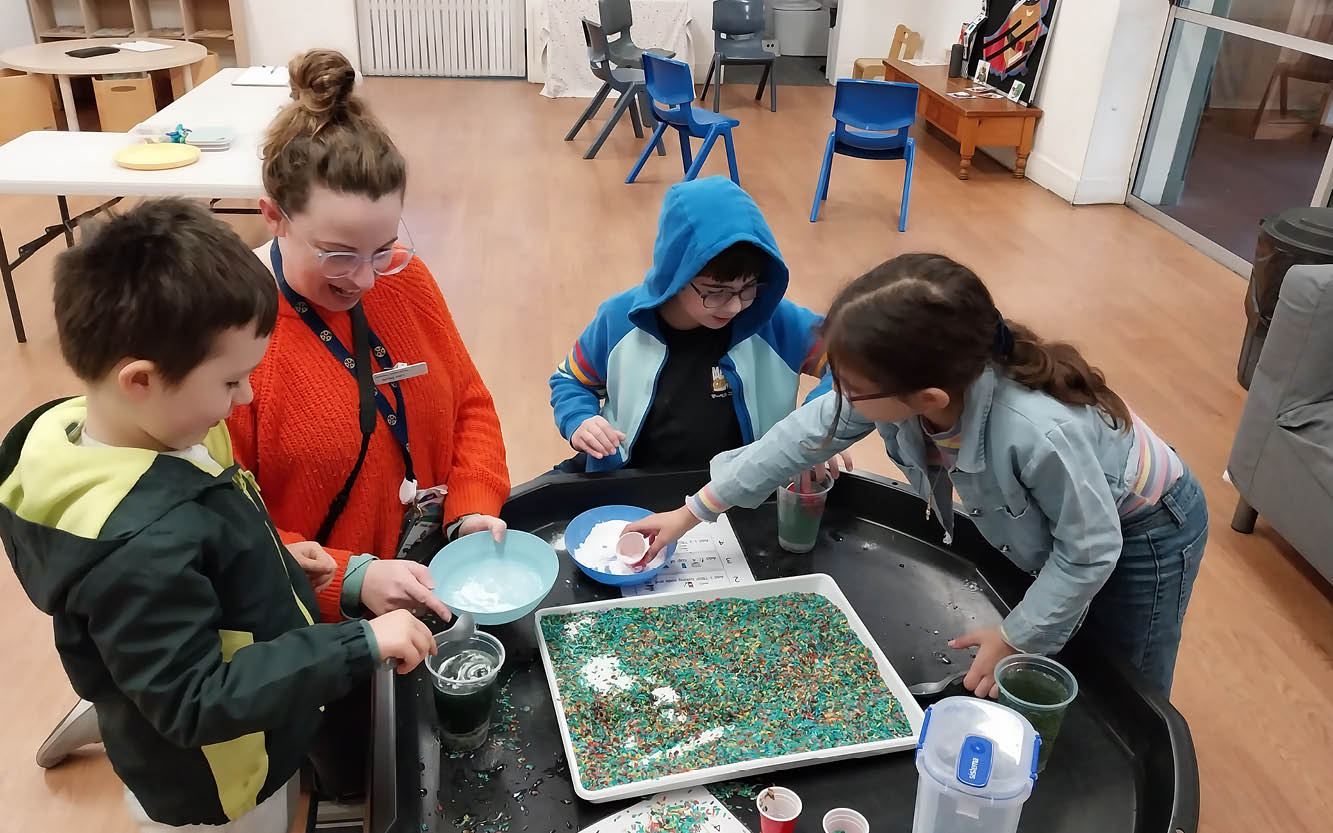

Unlocking Potential: The Benefits of Occupational Therapy for Children
What is Occupational Therapy for children?
Occupational Therapy helps children build the skills and confidence to do the activities/tasks they need or want to do across a range of areas including play, self-care, education, leisure, sleep and social connections— ie. the ‘occupations’ of childhood. At The Infants’ Home, our Occupational Therapists are part of our Integrated Team. They work alongside the Educators in our centres to help all children, including those who have different learning strengths and needs, to build their skills, confidence, and independence.
Benefits of Occupational Therapy for children
Occupational Therapy benefits all children, helping them to build on their strengths so they can participate and engage in activities that are meaningful to them.
Five key benefits of Occupational Therapy (OT) for children:
- Improved Motor (Movement) Skills: OT helps children develop small muscle strength and coordination for tasks such as writing, buttoning, and using utensils. It also supports children to develop balance, strength and coordination in larger muscle groups for activities such as walking, running, and jumping.
- Enhanced Sensory Processing: OT helps children manage sensory input (eg. sounds, sensations, sights), including supporting children’s unique sensory profiles. OT can help children, as well as the adults around them, to use strategies to help children regulate sensory input to reduce anxiety and improve focus.
- Greater Independence: OT helps children develop self-care skills such as dressing, feeding, and grooming, and can help them to use adaptive techniques and tools to overcome challenges in daily activities.
- Improved Social and Emotional Skills: OT helps children to understand social situations, including different types of social skills and communication styles. It can also help them to understand and recognise a range of emotions so that they may feel better equipped to know what might help them in different situations.
- School Readiness: OT helps children develop the skills needed for success at school, such as handwriting, focus, and organisation.
Family-centred support
At The Infants’ Home, we recognise that their family is central to each child’s experiences and development. Our Occupational Therapists collaborate with parents and caregivers to set goals, share strategies, and provide guidance tailored to each child’s unique needs. This partnership empowers families to support their child’s progress in everyday settings.
A holistic approach
OT is not just about improving skills—it’s about nurturing the whole child. By addressing physical, emotional, and social aspects of development, OT helps children build resilience, express themselves, and connect with others. It lays the foundation for lifelong learning and wellbeing.
Contact us
If you have any questions or would like more information about OT in our education and care services, please email us at childrensservices@theinfantshome.org.au.
As well as the OT support children receive within our mainstream early childhood education and care services as part of the daily program, we also provide individualised occupational therapy for children aged up to 9 years through our Early Intervention and Wellbeing Hub service—learn more here, or contact us at thehub@Theinfantshome.org.au.